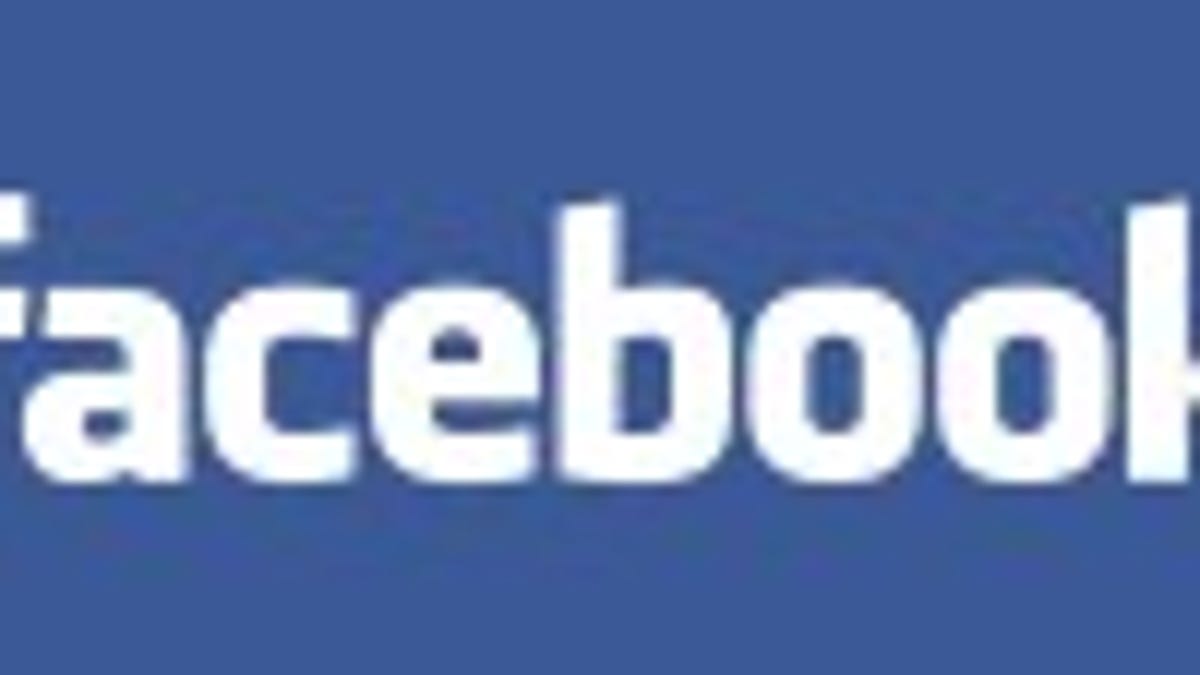Facebook's Zuckerberg: 'We simply did a bad job' handling Beacon
The company's young CEO has come out and apologized for the advertising program's cringeworthy debut, and has agreed to allow users to disable it entirely.

This post was updated at 1 PM PT with comment from Overstock.com.
Plagued by allegations of everything from deceptiveness to invasion of privacy, Facebook CEO Mark Zuckerberg has publicly backed down on the social-networking site's controversial Beacon advertisements and announced new modifications.
In a post on the company blog on Wednesday morning, the 23-year-old executive apologized for the mess surrounding Beacon, which shares information about users' activity on third-party partner sites and posts it to their friends' "News Feeds."
"We've made a lot of mistakes building this feature, but we've made even more with how we've handled them," Zuckerberg wrote. "We simply did a bad job with this release, and I apologize for it."
Last week, Facebook announced some modifications to the advertising initiative, but some critics had argued that they weren't substantial enough. Now, as a sort of olive branch, Zuckerberg also announced that there would be a way for users to turn Beacon off entirely.
"We missed the right balance," Zuckerberg continued in his post. "At first we tried to make it very lightweight so people wouldn't have to touch it for it to work. The problem with our initial approach of making it an opt-out system instead of opt-in was that if someone forgot to decline to share something, Beacon still went ahead and shared it with their friends."
Zuckerberg also apologized for the PR fiasco that followed. "It took us too long after people started contacting us to change the product so that users had to explicitly approve what they wanted to share," he wrote. "Instead of acting quickly, we took too long to decide on the right solution. I'm not proud of the way we've handled this situation and I know we can do better."
It was a gesture similar to the one Zuckerberg extended last September, when controversy over the site's then-new "News Feed" feature drew heavy user complaints--and lobbying for a "National Don't Log Into Facebook Day"--because it was allegedly invasive. At that time, Zuckerberg posted a similar blog post and also announced improved privacy controls. Newsfeeds, ironically, are now considered a staple of social networks--industry leader MySpace recently added its own.
But the Beacon situation was inherently different. For one, the charges against Facebook were led by a number of prominent activist groups rather than a rabble of angry users. Among them were the Center for Digital Democracy and the U.S. Public Interest Research Groups, which aimed to bring Facebook's advertising program to the attention of the U.S. Federal Trade Commission, and MoveOn.org, which had made lobbying for Beacon changes a high-profile project.
Several of those organizations have now released statements in reaction to Zuckerberg's apology, and their opinions are mixed. "The big question is: Will corporate advertisers get to write the rules of the Internet or will these new social networks protect our basic rights, like privacy?" MoveOn spokesman Adam Green wrote in an e-mail. "Facebook's policy change is a big step in the right direction, and we hope it begins an industry-wide trend that puts the basic rights of Internet users ahead of the wish lists of corporate advertisers."
Jeff Chester, executive director of the Center for Digital Democracy, was less optimistic. "Today's announcement that Facebook users will be able to turn off Beacon, following last week's opt-in changes, is a step in the right direction," Chester wrote in a statement. "But Mr. Zuckerberg isn't truly candid with Facebook users. Beacon is just one aspect of a massive data collection and targeting system put in place by Facebook."
Additionally, the Beacon debacle was more complicated than earlier Facebook privacy snafus because there were advertisers in the mix, too. Over the past few days, a number of Beacon participants, such as Overstock.com and Travelocity, confirmed that they had temporarily or permanently pulled out of the program. As a result, Facebook didn't just need to placate its user base and prominent activist groups, it also needed to save face among the major corporate partners whose advertisements it's counting on to grow a viable profit margin.
Jonathan E. Johnson, Overstock.com senior vice president of corporate affairs, said in an interview with CNET News.com that the company is not yet ready to consider rescinding its decision to ditch Beacon. "We've turned it off. We'll keep it off until it's crystal clear to the user that it's a double opt-in procedure," he said, emphasizing that he wants users to have to actively decide on both Facebook and Overstock that they want to participate--not that they want to not participate. Additionally, Johnson said, "we need to make sure that the Facebook community is accepting of this new type of advertising. Mark's blog is a first step toward that. It may be a full step toward that, but I can't say until we see how the community reacts."
Representatives from Travelocity were not readily available for comment.
Facebook's problems aren't over yet. Zuckerberg's image, as well as the company's, took an additional blow when a November article in 02138, an independent magazine for Harvard alumni, painted a rather unflattering picture of the company's beginnings when its founders were undergraduates at the university. Accompanying the article on 02138mag.com were court documents from the ongoing ConnectU v. Facebook trial, including a copy of Zuckerberg's application to Harvard. When Facebook lobbied to have the documents removed, a judge turned the request down.
Zuckerberg has begun picking up the pieces with the changes to Beacon. "Facebook has succeeded so far in part because it gives people control over what and how they share information," he wrote in the post. "This is what makes Facebook a good utility."

